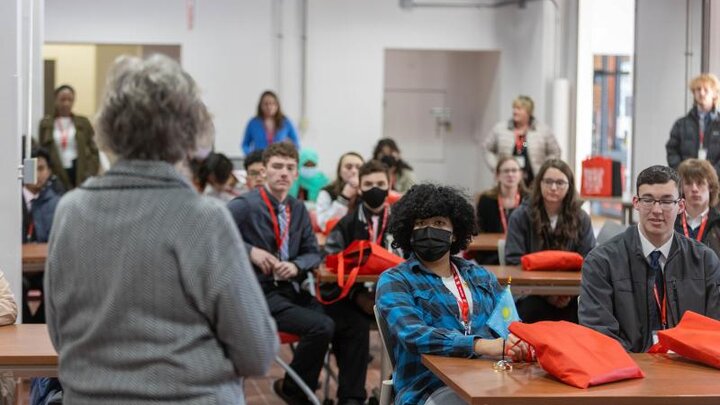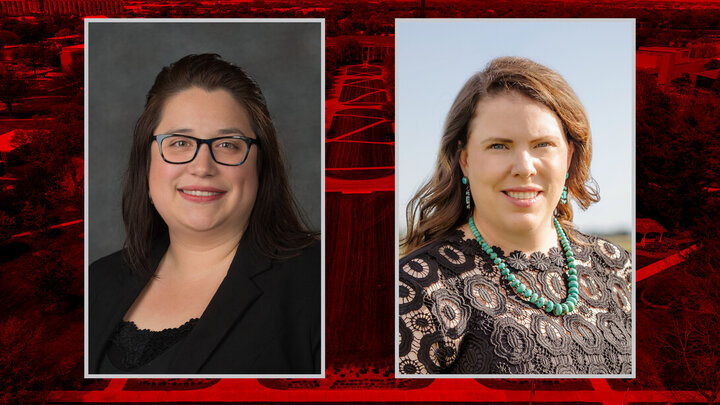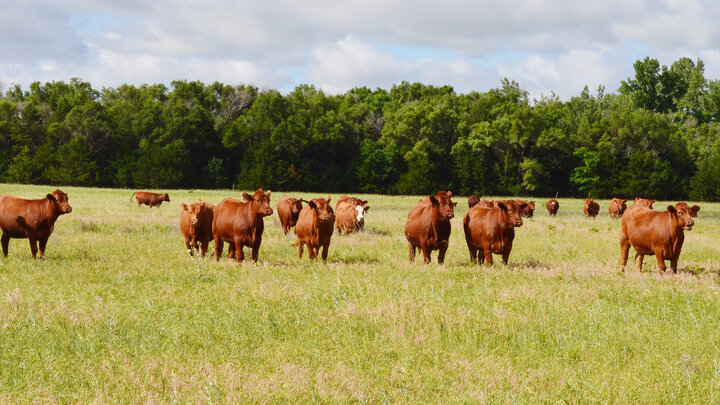Eight students will participate in the inaugural Western Nebraska Youth Institute of the World Food Prize competition on Monday, April 24, at the University of Nebraska-Lincoln Panhandle Research Extension and Education Center in Scottsbluff.
The UNL Agricultural Leadership, Education and Communications Department and the Nebraska Department of Education host the Western Nebraska Youth Institute. The students researched living conditions and food insecurity in various countries and then proposed a solution to a food insecurity issue in that country. They will present their solutions to global experts who know about food insecurity or production issues around the world.
“We have three schools coming in, where students have done the research, wrote the papers, and then we’ll have center faculty and graduate students participate in being world exports,” said Dr. Troy White, RP lecturer at the University of Nebraska-Lincoln Ag Leadership Education and Communications.
After the student presentations, the 21st Century STEM Innovation Trailer will be in the south parking lot with a look at some of the technology available in agriculture and food production.
The keynote speaker at lunch will be Roric Paulman, discussing food production on his family’s farm.
“Our faculty will be discussing water, soils, and beef cattle, so the students will get a broad look at what they could do as an adult in agriculture to make a difference,” White said. “Borlaug always said, ‘Everyone can make a difference it only takes one to be a hunger fighter.’”
Dr. Norman E. Borlaug was the 1970 Nobel Peace Prize Laureate and founder of the World Food Prize. According to the World Food Prize Foundation, Borlaug created new wheat varieties and improved crop management practices transforming agricultural production in Mexico during the 1940s and 1950s and later in Asia and Latin America. His achievements helped prevent hunger and famine around the world.
By participating in the Western Nebraska Youth Institute, students receive a $500 College of Agricultural Sciences and Natural Resources (CASNR) UNL scholarship, qualify for internships, and can apply for the $2,000 Maunder-Borlaug Food Security Scholarship toward tuition in CASNR at UNL.




